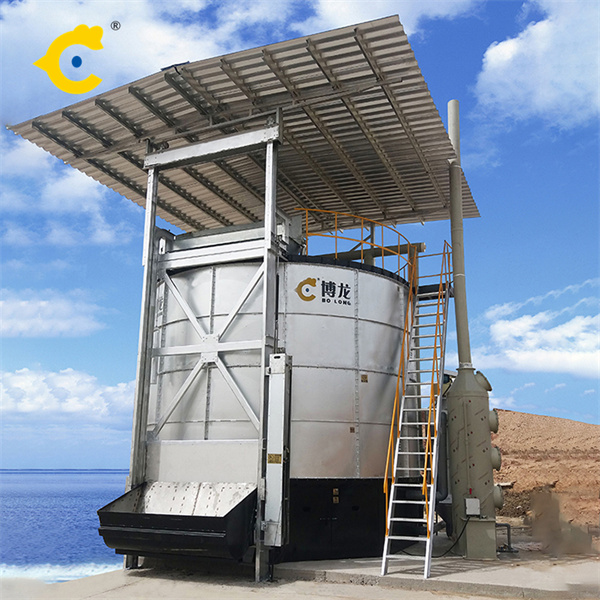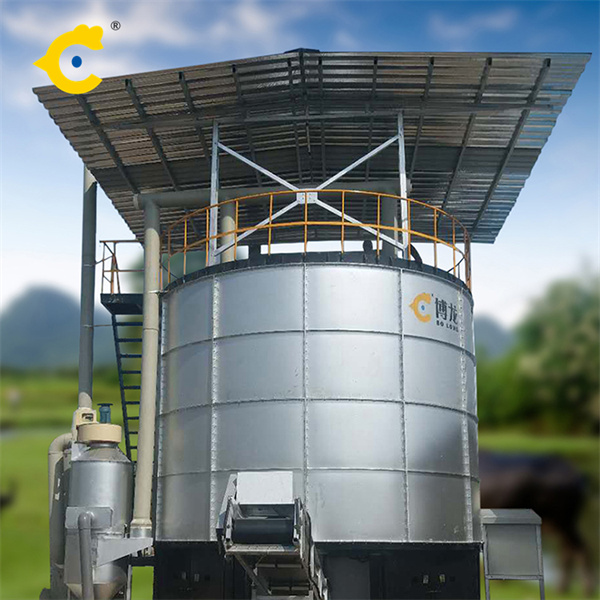Introduction
Sustainable waste management is crucial for preserving the environment and promoting a circular economy. Fermentation tanks play a significant role in this endeavor by efficiently converting organic waste into valuable compost. This article explores how fermentation tanks contribute to sustainable waste management practices and help reduce the environmental impact of organic waste.

Benefits of Closed-Loop Systems
Fermentation tanks utilize closed-loop systems to process organic waste, preventing the release of harmful gases and odors into the environment. By containing the fermentation process within the tank, these systems minimize air and water pollution, making them an environmentally friendly choice for waste management.
Closed-loop systems also help conserve resources by recycling organic waste into compost, which can be used to enrich soil and support plant growth. This closed-loop approach reduces the need for chemical fertilizers and promotes sustainable agricultural practices, further contributing to environmental sustainability.
Minimizing Greenhouse Gas Emissions
Organic waste decomposition in landfills produces methane, a potent greenhouse gas that contributes to climate change. Fermentation tanks offer a sustainable alternative by diverting organic waste from landfills and converting it into compost through aerobic fermentation.
Aerobic fermentation, which occurs in the presence of oxygen inside the fermentation tank, produces carbon dioxide instead of methane, significantly reducing greenhouse gas emissions. By minimizing methane emissions from organic waste decomposition, fermentation tanks help mitigate climate change and support global efforts to reduce greenhouse gas emissions.
Closing the Nutrient Loop
Organic waste contains valuable nutrients such as nitrogen, phosphorus, and potassium, which are essential for plant growth. Fermentation tanks enable the recycling of these nutrients back into the soil, closing the nutrient loop and promoting soil fertility.
Through the composting process, fermentation tanks transform organic waste into nutrient-rich compost that can be applied to agricultural land, gardens, and landscaping projects. By returning nutrients to the soil, fermentation tanks support healthy plant growth, reduce the need for synthetic fertilizers, and prevent nutrient runoff into water bodies.
Conclusion
Fermentation tanks play a vital role in sustainable waste management by converting organic waste into valuable compost while minimizing environmental impact. By utilizing closed-loop systems, minimizing greenhouse gas emissions, and closing the nutrient loop, fermentation tanks contribute to environmental sustainability and support the transition to a circular economy. As communities and businesses seek more sustainable waste management solutions, fermentation tanks offer a promising pathway to reduce waste, conserve resources, and protect the planet for future generations.

